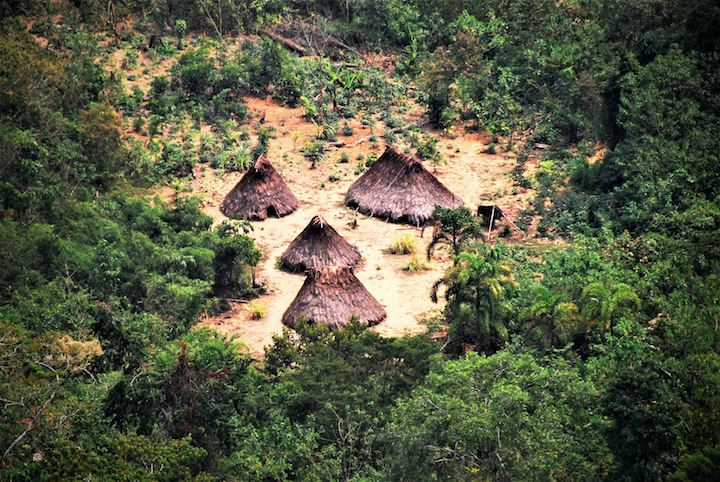
In June of this year, the Congress of the Republic rejected and archived Bill No. 3518/2022-CR, which proposed modifying Law No. 28736 for Indigenous Peoples in a situation of Isolation and Initial Contact (PIACI). This bill not only sought to have the Regional Governments decide the creation of PIACI reserves, but also intended to maintain that PIACI do not exist, and that creating reserves for these towns limits access to projects and services for local populations; Consequently, these territories cannot be used for resource extraction. That is, for those who promoted this Bill, the PIACI represent a problem for development.
All these arguments were denied to the point of making it clear that the motivations were more linked to economic interests. In fact, Law No. 28736 does not limit or prevent populations near PIACI territories from accessing services and rights. If development or basic services do not arrive, it is not because of the PIACI, but because of decades of inability in state management. The precariousness of many populations in the Amazon is undeniable, but this is not exclusive to areas near PIACI territories.
Peoples in isolation and initial contact inhabit Amazonian territories and forests with high levels of biodiversity. Territories that are threatened by the increase in illegal activities, deforestation, the promotion of road infrastructure projects without analysis that their negative impacts represent a real threat on which we should focus the debate.
There should not be a debate about the existence of PIACI. Studies and official documents indicate the existence of 25 towns in isolation and initial contact in Peru alone. Questioning the existence of the PIACI is not only nonsense compared to the official information and studies available, but it is an attack against indigenous peoples. We must focus the debate on identifying ways to strengthen the institutional framework, its capacities and protection systems in favor of the PIACI. There is a budget gap in the culture sector that ends up weakening efforts for this purpose. In addition to Law No. 28736, there is also a special cross-sectoral regime that has sanction mechanisms that have not yet been implemented. We must close this budget and capacity gap that would allow us to improve the operation of the checkpoints. Here the articulation between society, indigenous organizations and the State must start from complementarity and not from distrust.
Likewise, the PIACI represent a vulnerable population, not only due to their vulnerability to foreign diseases, but also due to the pressure that is being exerted on their territories. Furthermore, we must recognize the importance of the PIACI and their territories for the Amazon. In this exercise, the articulation between the Amazonian cities, and the PIACI agenda, is a pending citizen, as well as a pedagogical and political exercise that we must attend to so that a primacy of economic interests is not imposed against the fundamental rights of our compatriots.
In times of terrible effects of climate change, the protection and defense of the Amazon forests is a duty. The development model cannot continue clinging to extractivism; we must build sustainable and effective alternatives that improve the quality of life of local populations. Protecting the PIACI and their territories is adding to the hope of maintaining a living, sustainable Amazon, a hope that we can maintain life on the planet.
[PUBLIRREPORTAJE]
Source: Larepublica
Alia is a professional author and journalist, working at 247 news agency. She writes on various topics from economy news to general interest pieces, providing readers with relevant and informative content. With years of experience, she brings a unique perspective and in-depth analysis to her work.












